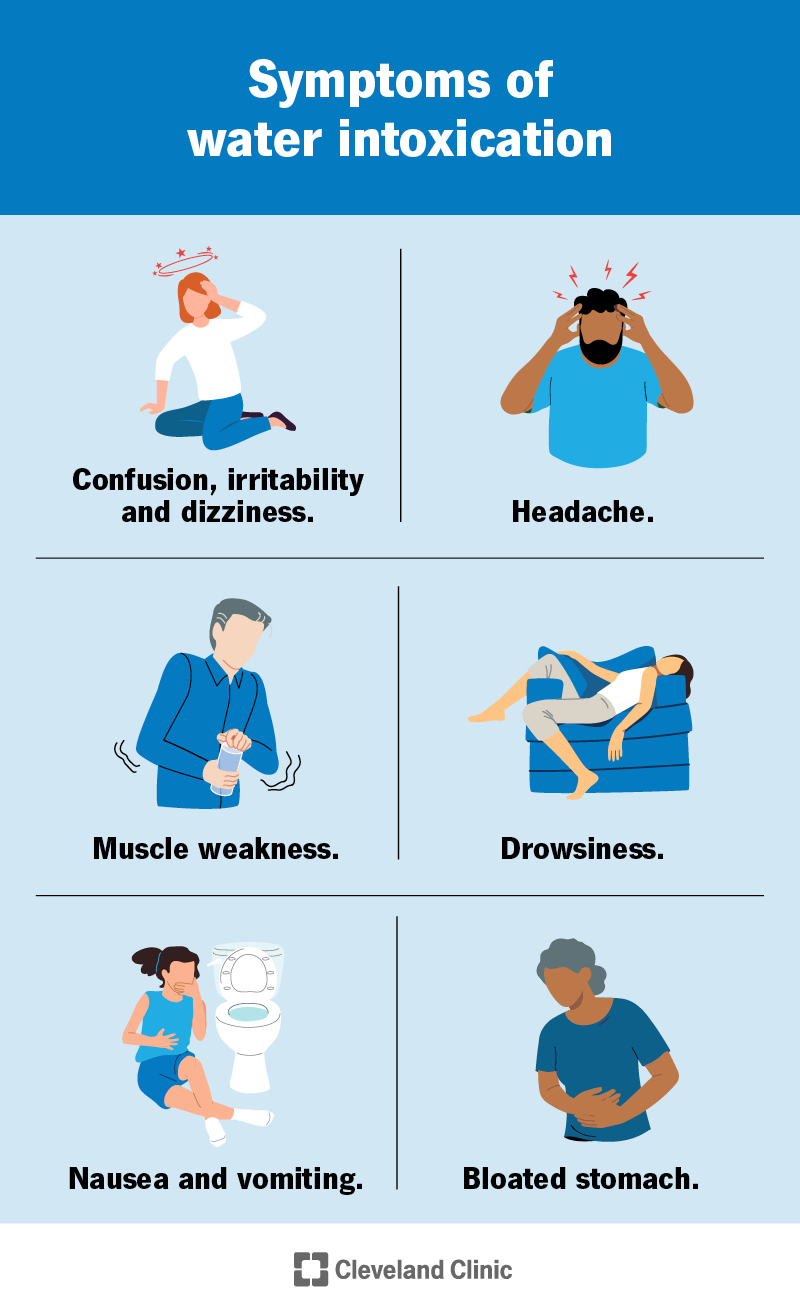The Dangers of Water in Jail

Inmates are drinking themselves to death, and it isn’t how you think.
What is happening?
“Drinking enough water to poison himself –nobody noticed that?” — Jennifer Hager. Older sister of an inmate who died by water intoxication
William Hager is just one of many inmates who has died from causes related to water while in jail. In his case, dying from water intoxication. His fate mirrors those of inmates in California, Texas, Michigan and other jails across the country. Inmates aren’t dying from alcohol intoxication, instead they are dying from water intoxication.
Water Intoxication
Water intoxication goes by many names to include water poisoning or toxicity, hyper- or overhydration, water toxemia, dilutional hyponatremia and water-electrolyte imbalance.
All of these are the result of what happens when someone drinks too much water. Having too much water in the body dilutes the blood, causes chemical imbalances, increases pressure in the brain, and can lead to death. The body tries to clear the excess water from the system, but often can’t do it fast enough. As a result, sodium levels will drop (this is called hyponatremia) which can affect critical organs such as the heart or kidneys.
When the sodium levels drop, the careful balance of fluids inside and outside of your blood cells is disturbed. This means that your blood cells will absorb more water than they should, and begin to swell. As blood cells and tissues swell, they now exert more pressure on vital organs. When this swelling reaches the brain, the extra pressure starts to affect awareness and mental status. This eventually can cause seizures, coma and even death.

Why is this happening?
In many cases, these inmates are schizophrenic, or have other psychiatric conditions. They seek out excessive amounts of water, or have abnormally high thirst, which is called polydipsia. The cause of this in those with certain psychiatric conditions is a little complicated and not fully understood.
This condition only occurs in some individuals with these conditions. But for these individuals, they have higher levels of a chemical (arginine vasopressin, antidiuretic hormone) that controls the levels of water and sodium in the body. This chemical helps the kidneys and blood vessels constrict, and control fluid intake, so as to keep everything in balance. During events of acute psychosis, this chemical is affected and can strengthen the desire or impulse to consume excess water.
Some will consistently drink more water than average, but about 2-5% will end up drinking enough water to cause water intoxication. Unfortunately, this condition can occur quickly, sometimes in less than a day. When inmates die of this condition, it is often when they are not monitored closely enough, their mental health condition is escalating, jail officials didn’t understand the seriousness of the symptoms, or the inmates (or families) concerns are ignored.
Other Dangers from Water
Water intoxication is unfortunately not the only way inmates are being harmed by water. Other harms that can occur include:
Dehydration: When an inmate refuses to drink water, or it is not available, they can die from dehydration. A lack of water causes sodium levels to rise (hypernatremia) and other negative effects on the body, which can result in death.
Inmates with mental health concerns are particularly vulnerable, with some dying from a lack of water. While jail officials contend that they can’t “hold people down and force water into their mouth,” advocates and legal experts say it is neglect, and unnecessarily cruel.
“Should a jail really be held responsible to ensure that somebody’s drinking water? My answer to that is if you’ve chosen to incarcerate instead of getting help for a severely mentally ill person, then yes, that’s your obligation.” —Dean Malone Jail Neglect Attorney in Dallas, TX
In this Jail Neglect series, another article addresses other potential causes of dehydration: Heat Can Be Deadly for Jail Inmates.
Burns from Scalding Water: While it is less common, there are instances of inmates receiving burns from scalding water while in jail. Notably in Orange County where a deputy is alleged to have thrown scalding water on an inmate who was mentally ill, which caused first- and second-degree burns.
Suicide Attempts: Suicidal inmates sometimes attempt drowning themselves in cell toilets or other water access points. This again tends to occur when their mental health condition is poor, and when psychiatric help is desperately needed.
Access to Clean Water
Many prisons (and sometimes jails) are old and decaying, or built on land that is less desirable. This means that water systems are often connected to the toilet system, or are near sites that contaminate the water such as industrial areas, landfills or former mines. Upgrading these systems is costly, and often neglected. The poor quality of the water is noticeable by inmates. The water is not just undesirable, but at times it is unsanitary and unsafe.
Many report that the water is discolored, contains obvious sediment, smells of sewage or has other unknown colors, odors and tastes. Inmates aren’t exaggerating either, as numerous reports have found unsafe toxins or contaminants in the water.
- Arsenic: High levels (nearly double) have been found in facilities throughout the southwest and California. This chemical can increase the risk of skin, bladder or lung cancers along with diabetes and hypertension. The Environmental Protection Agency (EPA) notes that no level of arsenic is safe to drink.
- Bacteria: In Illinois, 12 facilities had bacteria that causes a rare type of pneumonia (legionnaire’s disease) in their water.
- Copper: For more than a decade, water was tainted with copper in Nebraska. This can lead to hair loss, gastrointestinal issues, rashes or organ damage.
- Manganese, Petroleum and Radon: In Arizona, water was found to contain manganese which is known to cause neurological damage. While another facility had an unknown petroleum product. In Connecticut, there was even evidence of radon which can contribute to brain, stomach and lung cancers.
- Lead: Some inmates have reported experiencing lead poisoning either while in prison, or shortly after their release.
While access to clean water is a right guaranteed by the Safe Drinking Water Act, many contend that this basic right and others are routinely being denied to inmates.
So if you or a loved one has experienced challenges accessing appropriate amounts and quantities of water while in jail, please consider reaching out to one of our experienced attorneys to see if we can help.

